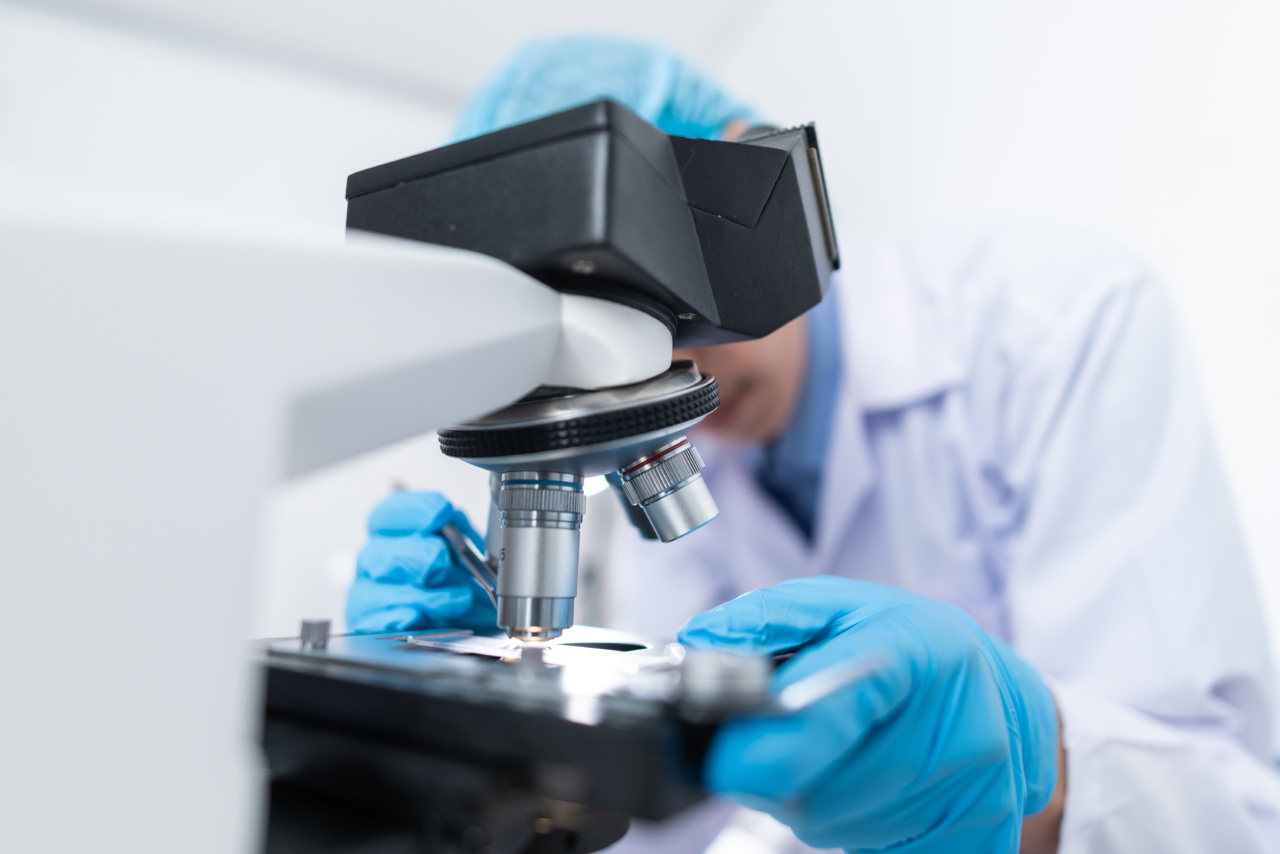Crohn’s disease is a chronic inflammatory bowel disease that can affect any part of the digestive tract. It is characterized by periods of remission and flare-ups, leading to symptoms such as abdominal pain, diarrhea, fatigue, and weight loss.
While the exact cause of Crohn’s disease is unknown, researchers believe it involves a combination of genetic, environmental, and immune system factors.
The connection between Crohn’s disease and cholelithiasis
Cholelithiasis, also known as gallstones, is a condition characterized by the formation of solid particles in the gallbladder.
The gallbladder is a small organ located below the liver and is responsible for storing bile, which helps in the digestion of fats. Gallstones can develop when there is an imbalance in the substances that make up bile, such as cholesterol and bilirubin.
Impact of Crohn’s disease on the risk of cholelithiasis
Studies have shown a correlation between Crohn’s disease and the development of cholelithiasis. This could be due to several factors:.
1. Malabsorption of bile salts
Crohn’s disease can affect the small intestine, leading to malabsorption of bile salts. Bile salts are essential for the digestion and absorption of dietary fats.
When there is a lack of bile salts in the intestine, the body may produce more cholesterol to compensate. This can increase the risk of gallstone formation.
2. Inflammation of the gallbladder
Inflammation caused by Crohn’s disease can extend to the gallbladder, leading to the formation of gallstones.
The inflammation can disrupt the normal functioning of the gallbladder, impairing the release of bile and increasing the risk of stone formation.
3. Medications used in Crohn’s disease treatment
Some medications commonly used to manage Crohn’s disease, such as corticosteroids and immunosuppressants, can increase the risk of cholelithiasis.
These medications may alter the composition of bile or affect the gallbladder’s ability to contract and release bile properly.
Managing the risk of cholelithiasis in Crohn’s disease patients
While the risk of developing gallstones is higher in individuals with Crohn’s disease, there are ways to manage and mitigate this risk:.
1. Dietary modifications
Adopting a low-fat diet can minimize the stimulation of gallbladder contraction and reduce the risk of gallstone formation. Avoiding high-fat foods, such as fried foods, fatty cuts of meat, and dairy products, can help in managing this risk.
2. Weight management
Maintaining a healthy weight is important for individuals with Crohn’s disease to reduce the risk of cholelithiasis. Rapid weight loss or obesity can contribute to gallstone formation.
Therefore, implementing a healthy and balanced diet, along with regular exercise, is crucial.
3. Medication adjustments
If a Crohn’s disease patient develops gallstones, their healthcare provider may assess the need to adjust certain medications to minimize the risk.
Depending on the severity of the gallstones, surgical intervention may be required to remove the gallbladder.
4. Regular monitoring
Crohn’s disease patients should undergo regular check-ups to monitor the health of their gallbladder. Routine ultrasound or other imaging tests can detect gallstones early on, allowing for timely intervention.
Conclusion
Crohn’s disease and cholelithiasis are interconnected conditions, with individuals with Crohn’s disease being at a higher risk of developing gallstones.
Understanding the factors that contribute to this increased risk and implementing appropriate preventive measures can help manage cholelithiasis in Crohn’s disease patients effectively.






























